Thoughts about…
Resilience
For a host of reasons, this summer has been far more challenging than I anticipated. The first obvious reason being the death of my best friend back in April. I’ve only experienced what I’d consider real loss or grief a handful of times in my life. So, his sudden and unexpected demise coupled with the unfinished nature of our relationship has been subtly wearing on me. Work has been busy, which isn’t anything new. However, even on a good day it takes a lot of effort and energy to deal with the non-stop stream of customers and tourists that our business serves. Wildfire smoke from the Tamarack (Alpine County, CA) and Dixie Fires (Chico, CA) has periodically entered the Lake Tahoe Basin over the past couple of weeks. And, although we haven’t had any actual fires in the basin, the smoke and the fact that those fires are so close to home creates an oppressive atmosphere. Lastly, and always lurking in the background nowadays, is the uncertainty regarding Covid-19 and its variants.
People have it far worse than me, I know. And this summer hasn’t been all doom and gloom by any means. I’ve definitely had a lot of fun with friends and many successes with personal projects. But life has just been a lot more emotional compared to my usual summer routine. And that’s been causing me to lose sleep, literally. All summer long I’ve been waking up on average (and regardless of when I go to bed), between 2:30-3:30 every morning. And I can’t fall back asleep.
Per my usual modus operandi, I don’t share my problems in order to gain sympathy or ask for advice. Rather, I offer these experiences to illustrate examples of ways in which I take inventory of my life in an effort to gain insight that would otherwise be hidden to me during the best of times.
We learn most of our life lessons through losses not wins, right?
So all of this anxiety and my sleepless nights have caused me to contemplate the nature of resiliency. How do we bounce back after loss? How do we recover from hardship?
The textbook definition of resilience is “the capacity to recover quickly from difficulties; toughness.”
That’s a perfectly fine definition. However, I’d argue that the use of the term quickly in that definition is highly subjective. How quick is quick? What’s the timeframe by which we measure a quick recovery? And is that timeframe the same for all difficulties that we face? Clearly not.
But what the use of the term quickly alludes to is that there’s a quality to resilience that’s lacking in, for example, survival.
Many people treat the two as being one in the same. However, I don’t. To me, survival is about just getting by or just getting back to zero or baseline. Survival is the bare minimum to an existence. On the other hand, resiliency involves not only getting back to zero but also making some gains in the process. Creating a surplus, so to speak. Resiliency entails thriving, not just surviving, after overcoming hardship.
I’m sure there are entire volumes of research and self-help books dedicated to this one topic as it’s so relevant to all facets of life. For example, we could discuss resiliency regarding our mental health after losing a loved one all the way down to not getting our way in a heated conversation with a friend. We could apply the concept to the natural world in the context of wildfire and what happens to the land after the smoke clears. We could talk about resiliency as it applies to an entire species, or to a solitary organism. This is clearly a topic that’s well beyond the scope of a 1,200 word essay.
That said, because I’ve been thinking about resiliency lately I’d like to share some of my thoughts about the concept. More specifically, I offer you my basic process for developing resiliency. It’s just a simple three-step process, but none of those steps are very easy to accomplish.
1) Embrace the hardship. Don’t pretend to ignore it. Don’t avoid it. Don’t shy away from it. Whatever the challenge, confront it because it’s not going to go away of its own accord.
Most people, myself included, would much rather work around a problem than deal with it head-on. I understand that, especially when it may be something minor. And, who knows, that “problem” might simply be a tolerance issue on my part (i.e. this thing bothers me, but it’s not actually a real issue other than it plays into one of my idiosyncrasies). Assuming the thing in question is a real problem, however, if you keep yielding to it it’ll eventually consume you whole. That problem, after you’ve given it an inch, will invariably take a mile.
2) Make peace with the hardship. In other words, find a resolution to the issue. Again, if left untreated the problem will eventually return and potentially do so in an exponential fashion. So, acknowledge the loss and find the learning opportunity within the situation.
Chapter 63 of the Tao Te Ching, by Lao Tzu, is one of my favorite passages from his teachings. It talks about making the small big, dealing with difficulties while they’re easy, and meeting the big while it’s small. The way I’ve always interpreted this chapter is by acknowledging that all big things come from small beginnings. Therefore, if we deal with issues while they’re in their infancy we have the best chance of preventing them from growing into a catastrophic mess. And, if we treat a large-scale issue as a combination or series of smaller issues, we may be able to resolve it in a manageable way. In the latter example, I find that facing one humongous problem all at once can be overwhelming. So, it can be beneficial to break it down or reverse engineer it into smaller digestible pieces. Again, everything starts small.
3) Move on from the hardship. Be confident in your resolution so that you can let go of the pain and the past. Don’t look back. Have no regrets. Easier said than done, I know, but we can’t afford to humor what could’ve been…
The past is a trap that you must guard yourself against tripping. Learning from history, whether on a global scale or from personal experience, is one thing. But perpetually mining the past for some sort of reason why your life didn’t quite go as planned is a fool’s errand. Contrary to popular belief and clever movie plot points, seldom are lives made based on a single choice. Unless that decision (and subsequent action) resulted in the loss of life or limb, there’s always a chance to recover. And every choice we have is an opportunity to do better.
Regardless of our feelings or what we want to have happen in our lives, the fact that life happens the way it does proves to me that life happens the way it’s meant to. So we can take comfort in knowing that, no matter what, life happens at the right time, place, and in the right sequence.
Resiliency isn’t random. It’s not something you either do or don’t have. We can all train to become more resilient. But this does involve taking risks, many of which are mental and emotional. And a lot of that willingness to take risks revolves around letting go of the past and the things in which we have no control.
So let’s train our minds, bodies, and souls to be flexible. Let’s be willing to adapt to new information and circumstances. And, let’s learn to give up a certain level of (perceived) control so that we can suffer less and experience a more meaningful life.
I’ve posted this video before, but it could be considered a companion piece to this newsletter. The text from the original newsletter that I used to narrate this video was from my April of 2020 newsletter.
Here are some images of Sierra Nevada birds that I photographed this past month.
Click on each photo for its name and the date taken.
A brief note about Patreon…
I’ve probably described it before, but for those who may have missed it. Patreon (see button below) is an online platform for providing financial support for creators who provide quality digital content that’s otherwise free. I offer various subscription tiers starting at $3. And all subscription tiers from $6 and up will receive original artwork after six consecutive months of contributions. My newsletters here on JaredManninen.com, the articles I publish on Tahoe Trail Guide, and videos I post on YouTube will always be free. But if you’re interested in contributing to the health and longevity of my websites and YouTube channel, consider subscribing. Even a little goes a long way 🙂
Thanks for being a part of my life. Until next time…
-Jared Manninen
Tahoe Trail Guide is an online resource for hiking, backpacking, cross-country skiing, and snowshoeing in the Lake Tahoe region. In addition to trail data, I offer backcountry “how-to” articles and information about the local and natural history of Tahoe. Tahoe Swag is a collection of art and design products I create based on my love of the outdoors and appreciation for Lake Tahoe and the surrounding Sierra Nevada Mountains.
If you like any of the images I post in these newsletters, please contact me. I’d be more than happy to upload them to my RedBubble account so that you can order prints and other merchandise featuring the images.

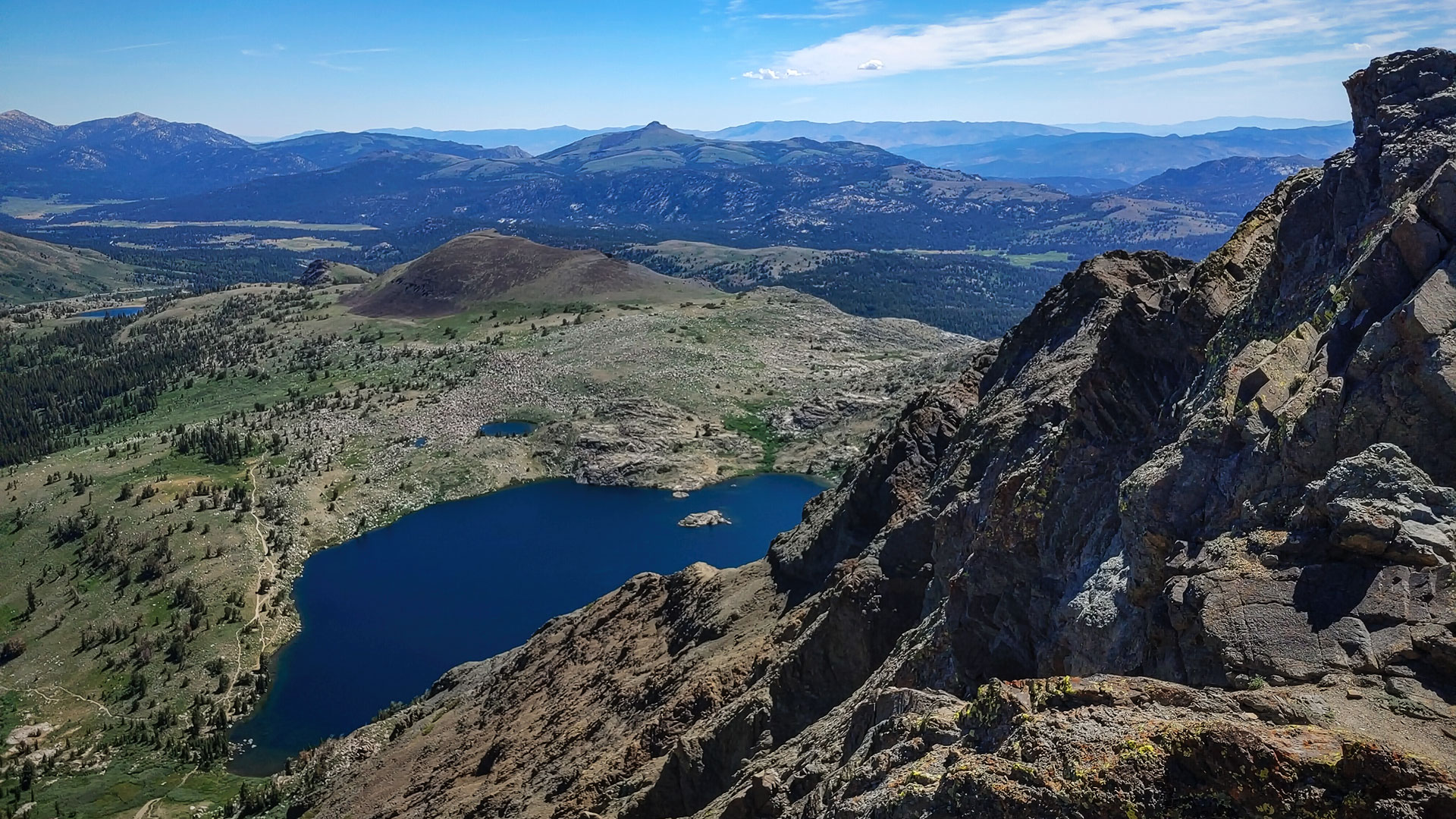
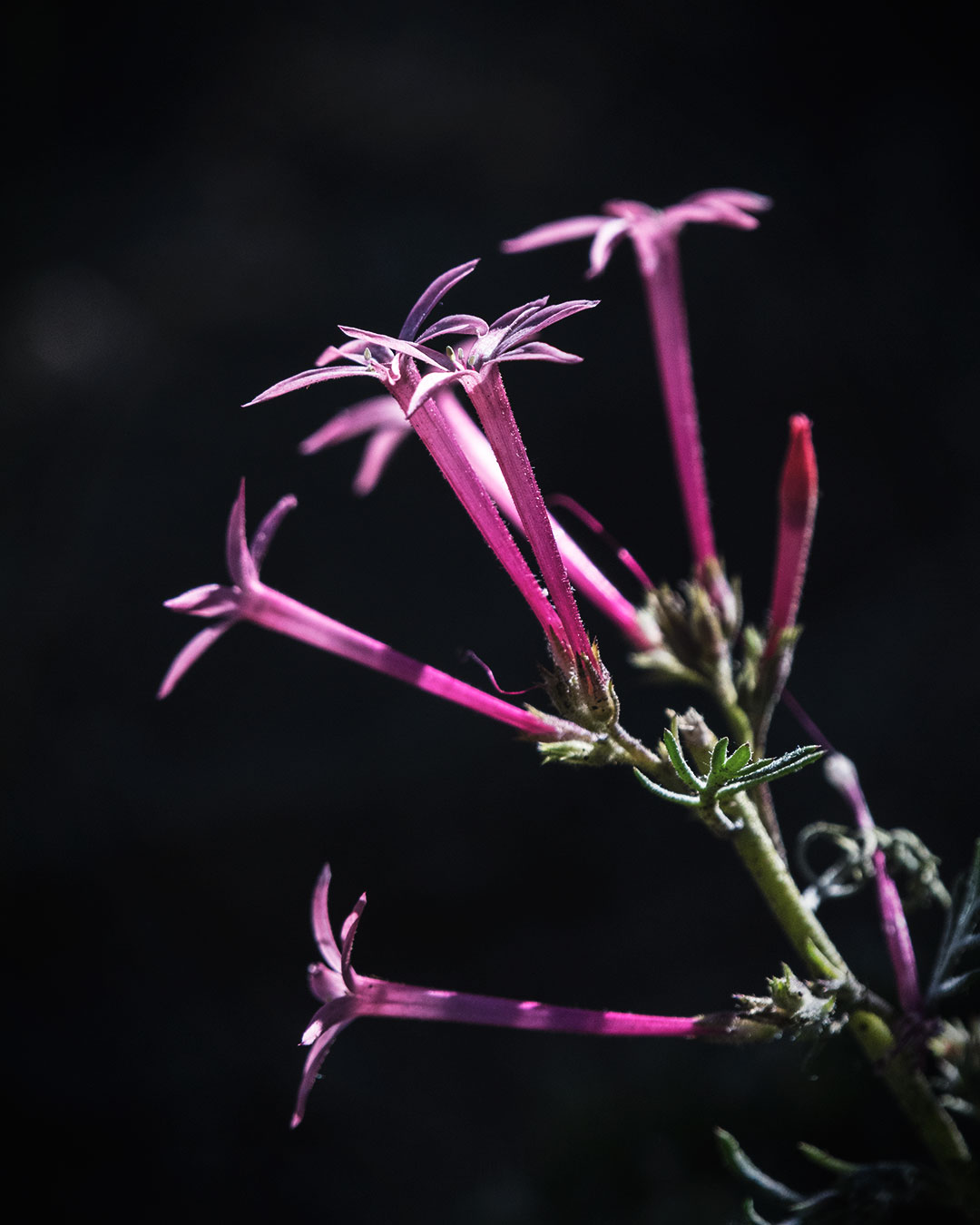

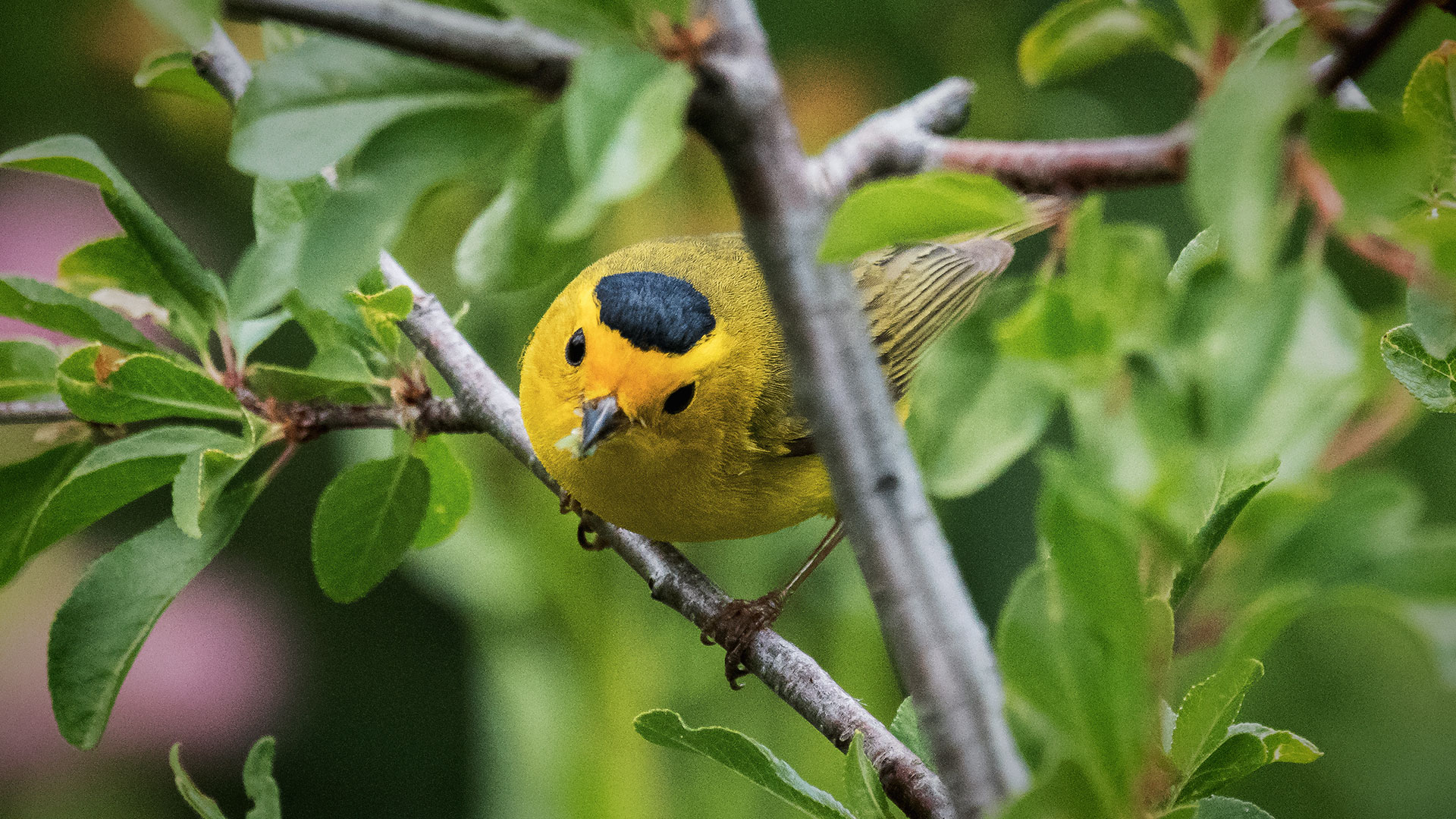
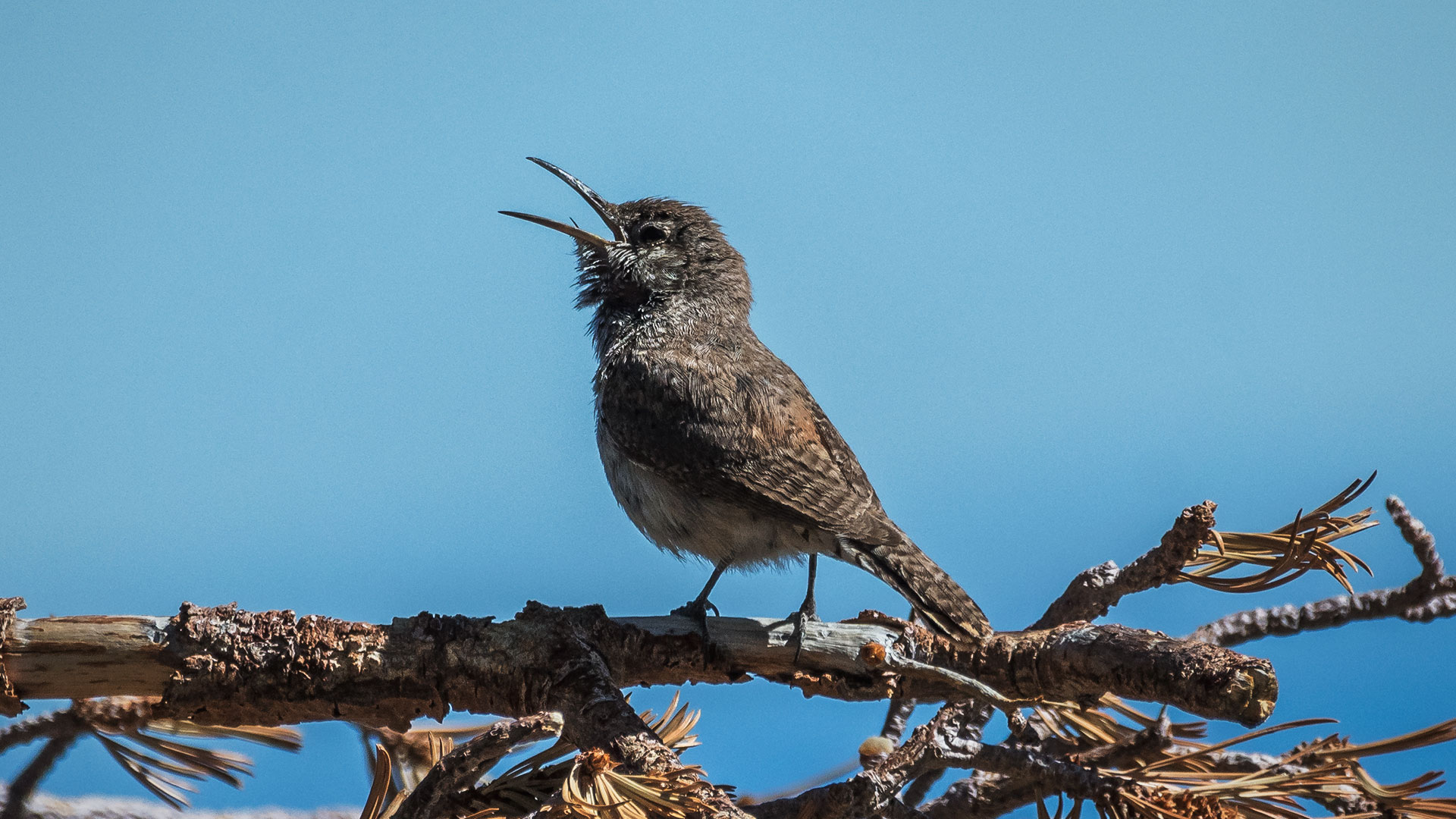
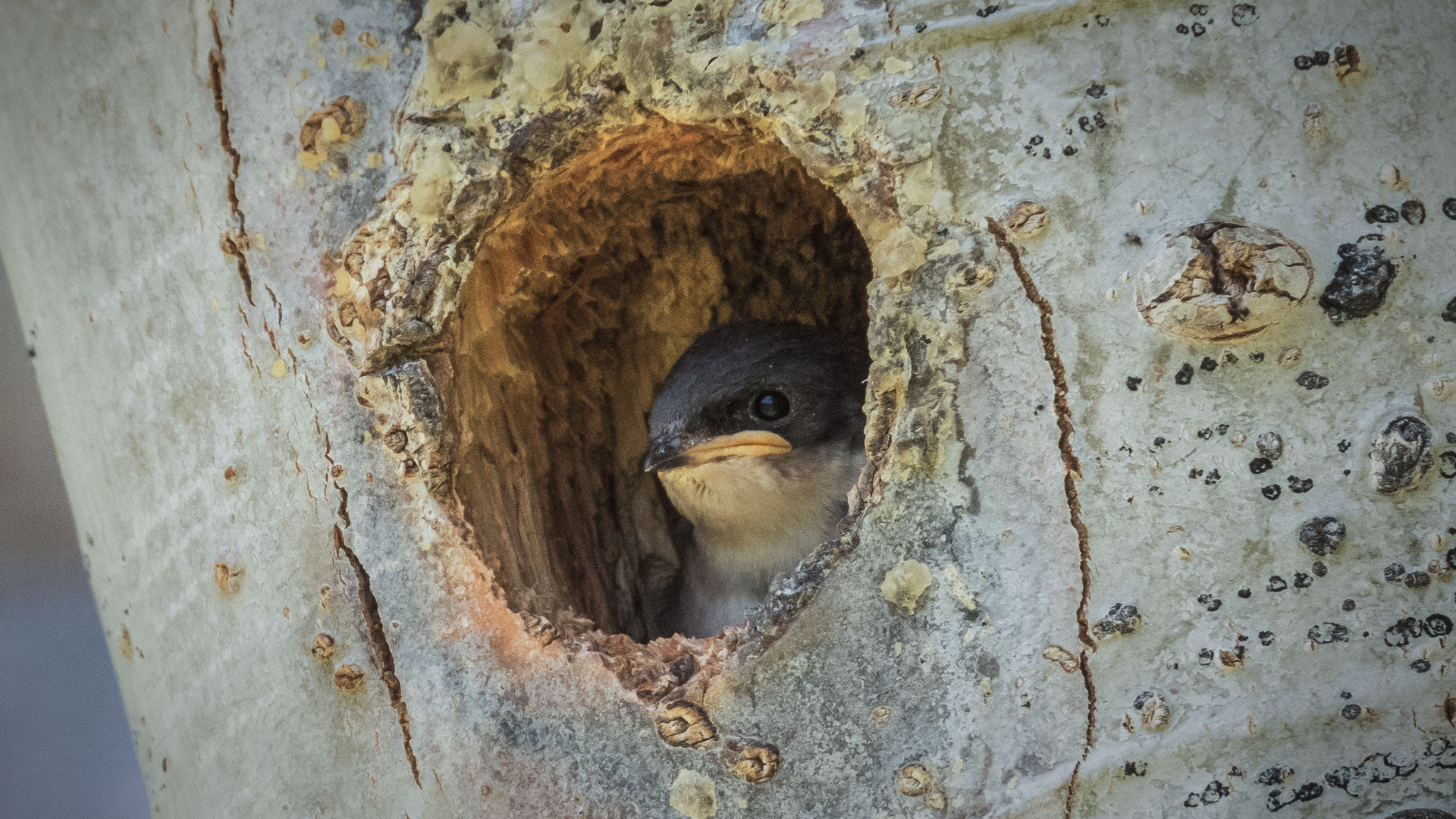


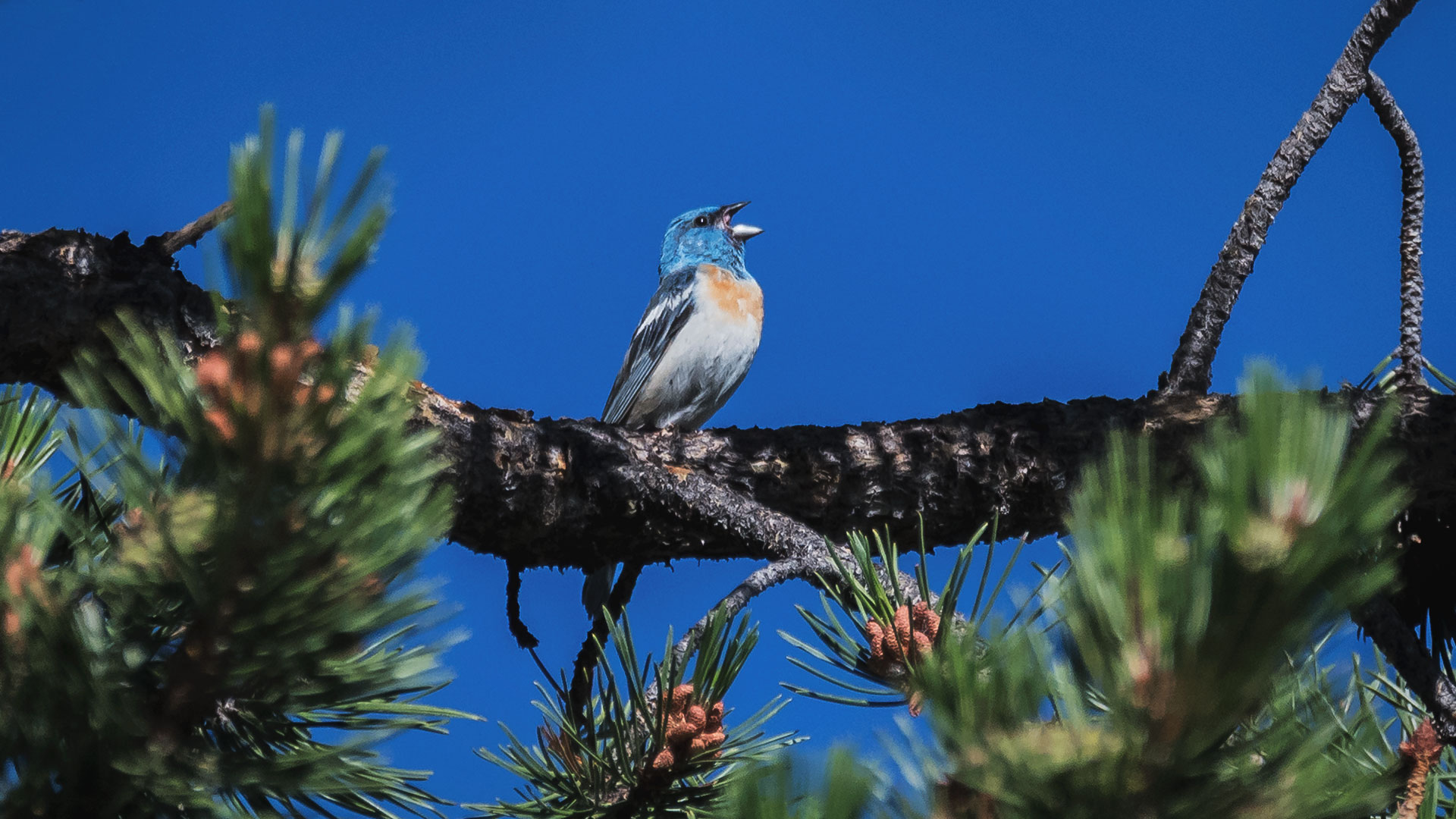
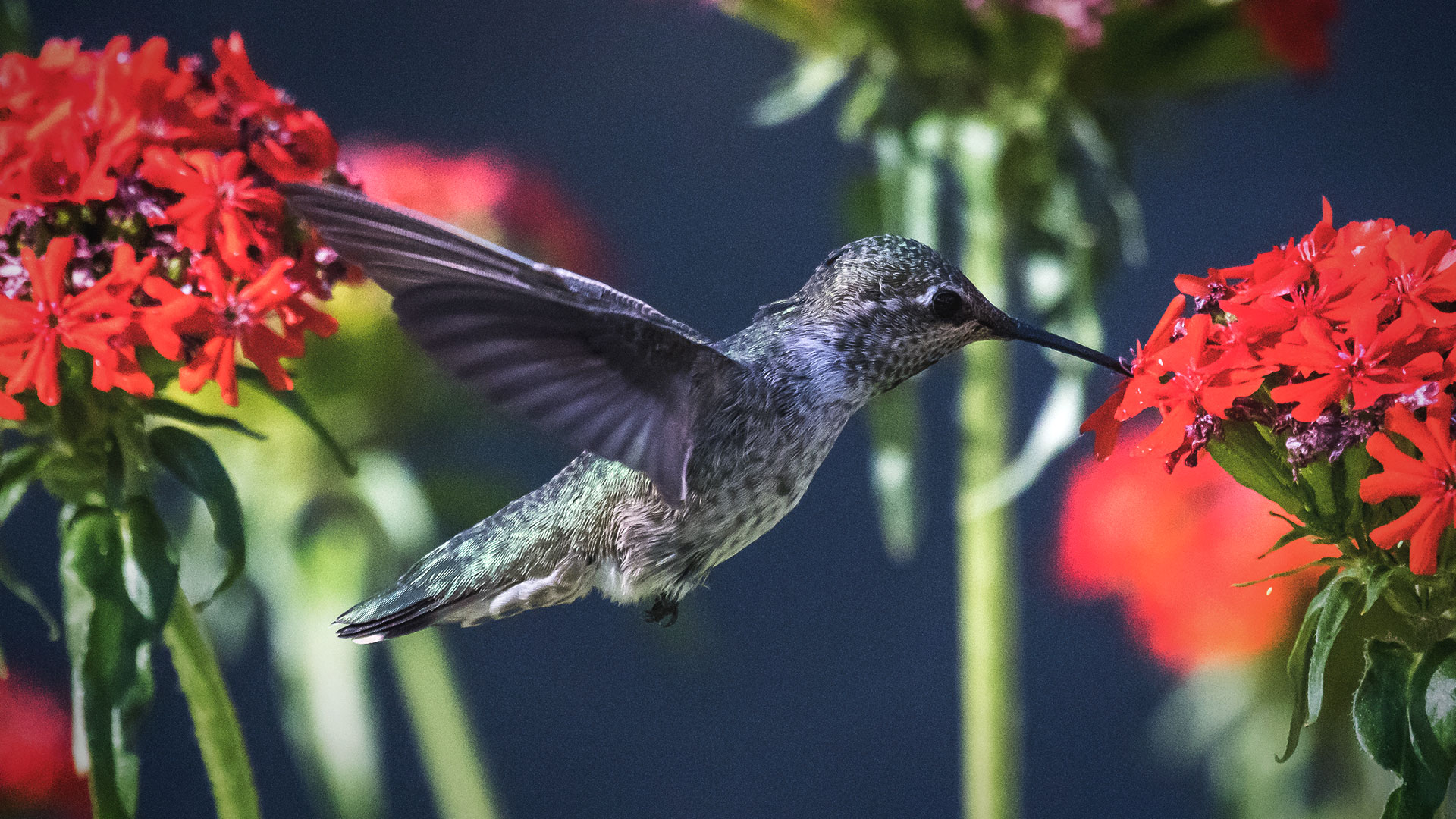





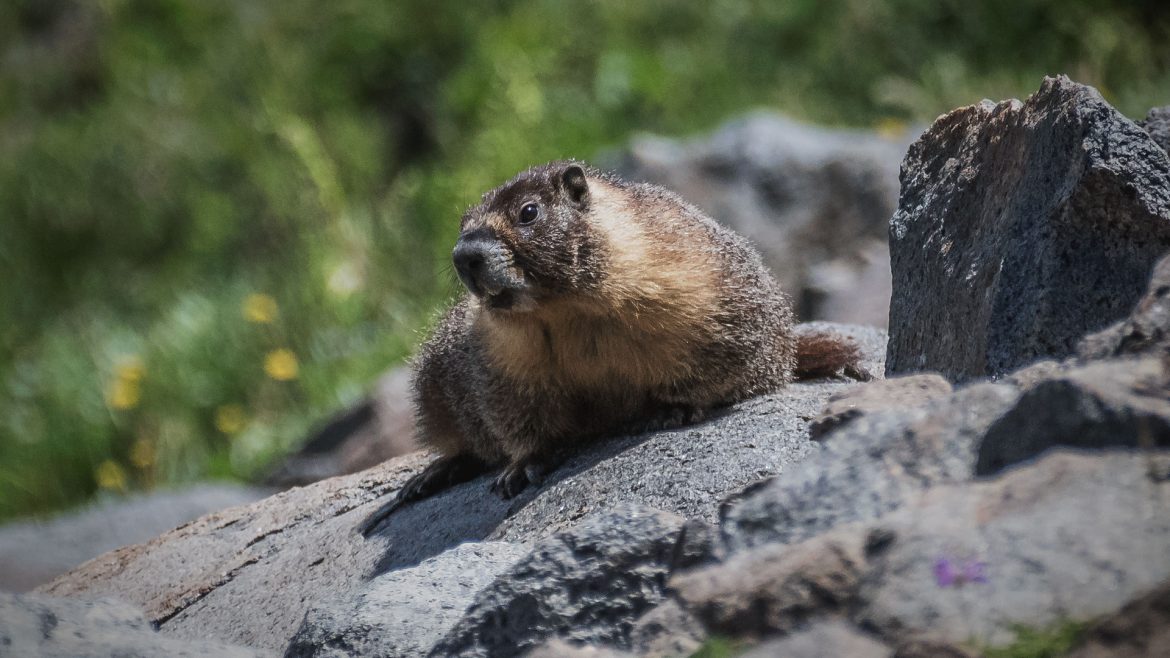
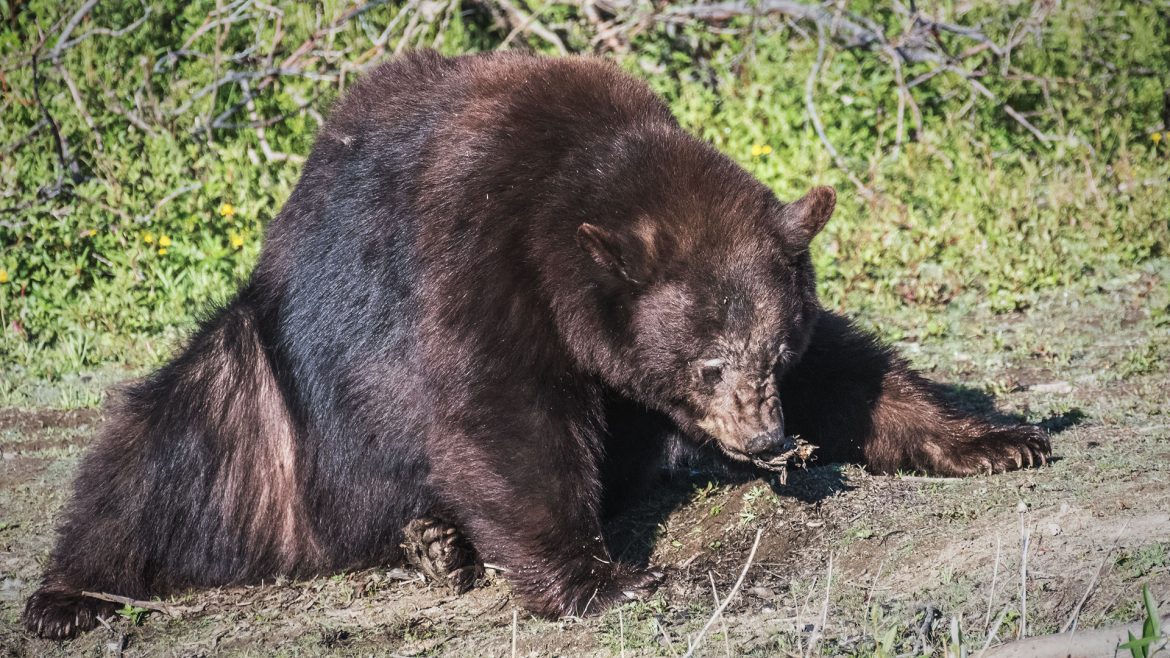
Comments (9)
So beautiful Jared. It does feel like a grand lesson in resilience in the air for everyone. As they say, bend like bamboo and you’ll be able to take on the most forceful winds.
Thanks for the kind words, Kelly 🙂
You’re right in that it feels like one big lesson in resilience for everyone right now, especially with all this wildfire smoke now (ugh…).
Thanks for reading and your thoughtful comments 🙂
Oh Jared, I’m SO SORRY to hear about the loss of your friend. Your essay is beautiful & thought provoking, not to mention therapeutic. We’ve all been experiencing an overload of difficulties these past 18 months. I hope you are finding comfort & peace through your work. Your photographs are exquisite and always bring joy to those of us tuned into your website/blog.
Wishing you the best,
Sandy
Thanks so much for the kind words, Sandy 🙂
I appreciate your support and the positive feedback you always offer. I’ll keep on doing my thing, and will work to become an even better photographer, artist, and writer 🙂
Again, thanks for everything!
Very insightful and thought-provoking essay. And writing about those innermost troubles is always a great way to work through them. My books have helped me to do this as well. I have every confidence that you will achieve resilience over survival.
Thanks for the kind words, Joan 🙂
Just acknowledging (vs. complaining) about the summer being challenging has already helped. I’ve been starting to reintroduce some small self-care activities each day to relax my mind. And it seems to be helping 🙂
Jer: Love your thoughts. Loss is a heavy CROSS, Losing my Roger has been a real awakening. We had 58 great years, actually celebrated 60 years of friendship Christmas Eve of 1919, and he left on January 4, 2020. Just today someone asked me “How’s Rog”, I get that a lot, but it warms my heart that some people think he is still here. Not in body, but he’ll always be with me in spirit. I miss his closeness and his smile and humor. Truly the Love of My Life. He would have been 87 on August 2, 2021. What a great person. I’m so sorry for your loss. Hope with time and nature you will be able to get back to your sleep pattern and Joy. Love and Prayers Ronnie
Ronnie,
Thanks so much for the kind and thoughtful response. I’m sorry about Roger, but so glad to know that he’s still alive in yours and other peoples’ hearts 🙂
I’m working each day to get things back on track. Trying not to dwell too much, and to remember that it’s up to me to take care of myself by making healthy choices.
Thanks again for the comment, and I wish you the best 🙂
Ronnie, Mike and I often think about you and Roger and the great times we had with both of you. Hoping we can safely visit you one of these days. Take care. Joan and Mike